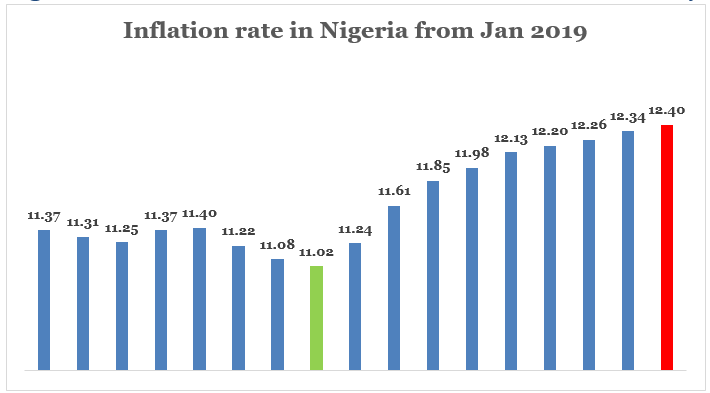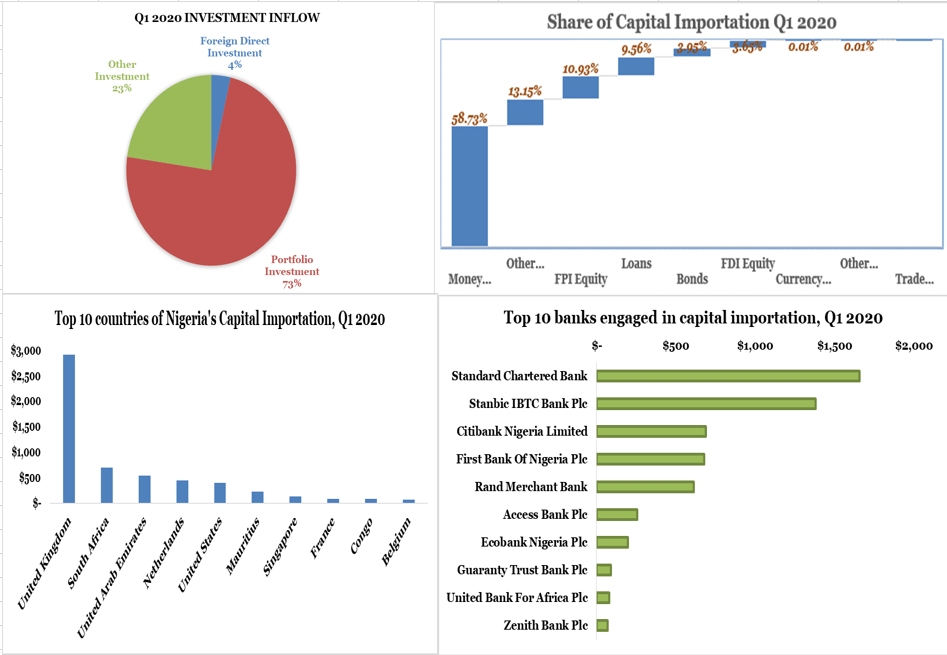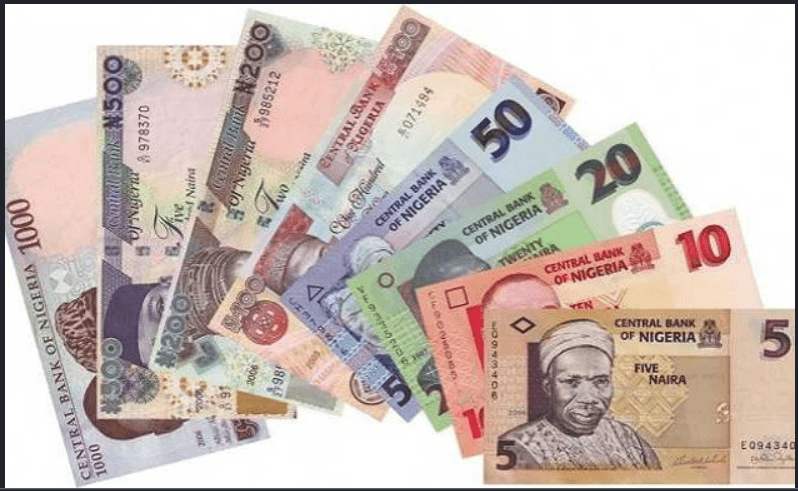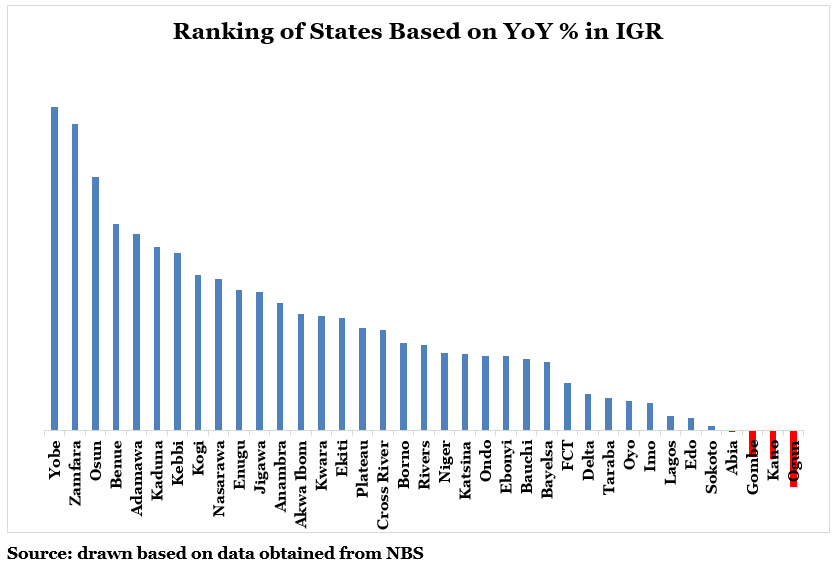Continuous Increase in Inflation Rate: What will the CBN Do?
Nigeria’s Headline inflation increased by 12.4% (year-on-year) in May 2020, 6bps (0.06%) higher than the rate recorded in the previous month (12.34%), marking a ninth consecutive month of increase in inflation since August 2019 (11.02%) and a 25-month high of April 2018 (12.48%). The 12.4% inflation rate means that on the average, if a goods cost NGN100 in May 2019, 12 months ago, the consumer will actually pay NGN112.4 for the same commodity in May 2020.






